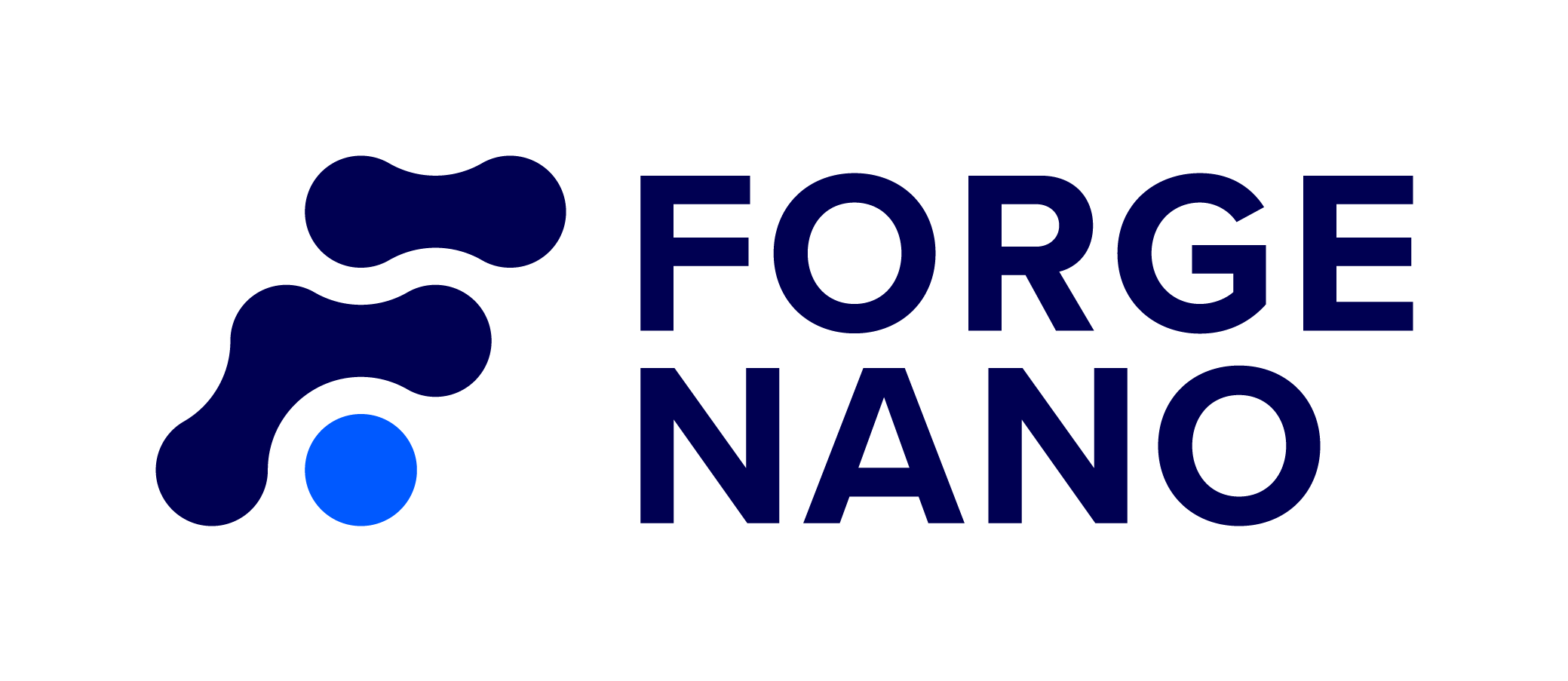CASE STUDY – ADDITIVE
Surface modification of organic powders for enhanced rheology via atomic layer deposition
Authors: John Miller et al.
Institution: Lawrence Livermore National Laboratory
Application: Additive Manufacturing
Summary: Some organic additive manufacturing feedstocks can be cohesive and tend to agglomerate in suspensions, which can lead to significant challenges in formulating solids-loaded fluids, like those used in many additive manufacturing processes. By depositing an ultra-thin, layer of a second material conformally with the surface of the feedstock powder, Atomic Layer Deposition (ALD) can be used to uniquely modify the surface and, thereby, cohesion of the powder material without changing the properties of the bulk material. This paper demonstrates low temperature ALD of aluminum oxide on temperature-sensitive materials, including melamine powder feedstocks with the goal of improving their powder rheology.
Key Takeaways:
- Melamine powders experienced an angle of repose decrease from 51° to 34°, exhibiting significant improvements in flowability
- The basic flowability of melamine increased from 185 to 199 mJ and showed a 23% decrease in specific energy.
- ALD was successfully performed at low temperatures showing its versatility for modifying surface properties of temperature-sensitive substrates
Read the Full Paper: https://doi.org/10.1016/j.apt.2020.04.016
Contact Us to learn more about our ALD solutions for additive manufacturing feedstocks.
